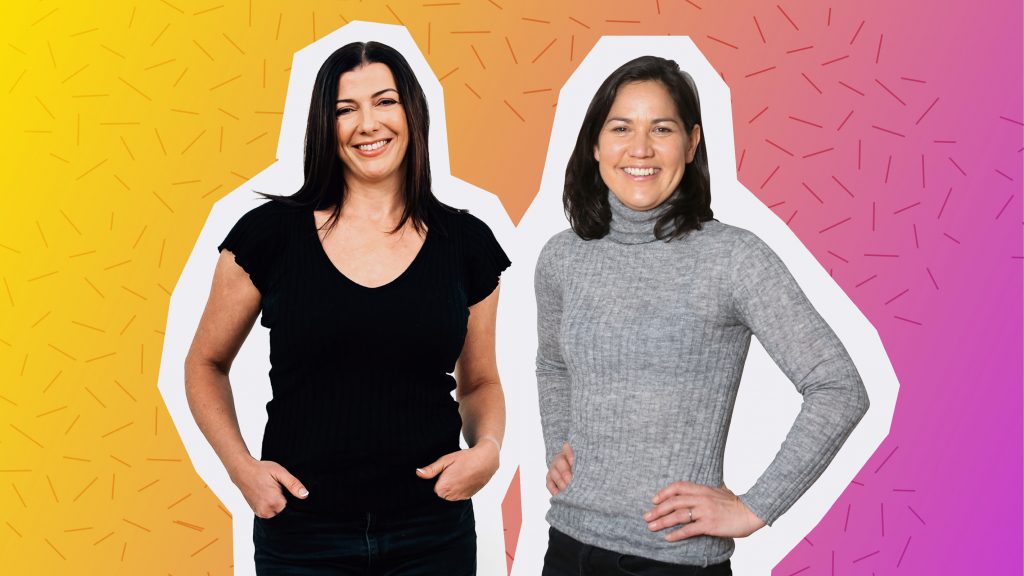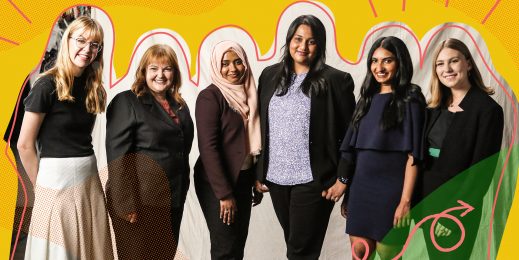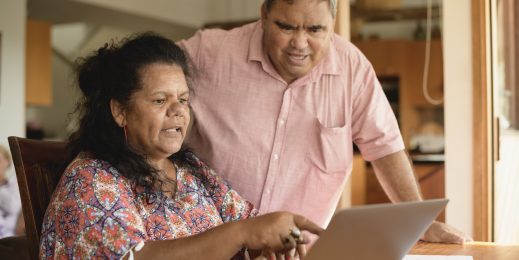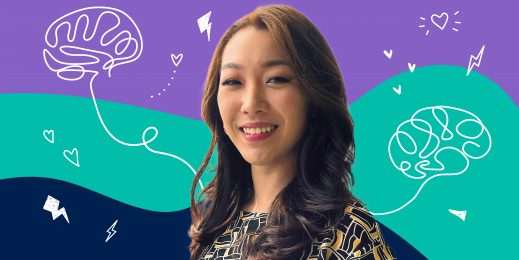
Microsoft partners with non-profit Generation Australia to supercharge the tech industry with diverse new talent
As any employer knows, the struggle to find good talent isn’t new. However ‒ thanks to rapid digitisation brought on by the Covid-19 pandemic, extended border closures and a growing skills shortage ‒ it seems that familiar battle has entered a critical new era. Finding employees with the skills to meet the dawning moment is, well, daunting.
Unless you know where to look.
“It feels like we’ve found this amazing channel of people and I don’t want to tell anyone else because it’s great for us,” laughs Deirdre McIntosh, Senior Director, Workforce Planning and Execution at consulting company Avanade.
That channel? It’s the work of Generation Australia, the local arm of global non-profit organisation Generation, which currently operates in 16 countries. Launched here in 2019, Generation Australia’s mission is to help build careers for people who are unemployed, underemployed or need to upskill or cross-skill through education-to-employment programs.
One thousand learners in three years
In its three years, Generation Australia has trained people for roles in the care and tech sectors and last year began partnering with Microsoft to offer 12-plus week Azure cloud computing courses in Sydney, Melbourne, Adelaide and Canberra; data analytics and cyber security courses will follow later this year. At their conclusion learners are offered paid internships in businesses and from there often full-time employment.
“We’re driving towards having 80 per cent of learners placed in employment within the first 90 days. That’s our North Star metric,” says Dylan Turnbull, head of partnerships and business development at Generation Australia.
To date, approximately 1000 learners have undertaken a Generation Australia program; many will go on to ease the demand for tech workers – the Tech Council of Australia estimates that to reach a goal of 1.2 million Australians working in tech jobs by 2030, the country needs to fill 653,000 new positions.
“The Covid-19 pandemic has deeply affected the community and Australian economy,” says Paula Matthews, Chief Learning Officer at Microsoft, which supports the work of Generation right around the globe with essential in-kind resources.
As we recover, many of the jobs that will emerge will be technology and ‘tech-enabled’ jobs and, with them, the demand for people with digital skills. We are proud to be working with Generation to provide job seekers with access to free technology skills training and job placement opportunities.
“It’s exciting to see the partnership between Microsoft and Generation Australia, and the amazing work by Generation Australia to support new pathways into the industry,” adds Tech Council of Australia CEO, Kate Pounder. “Innovative approaches, such as this, will be critical in achieving this goal and supporting more Australians to take up the tech jobs opportunity while increasing diversity within the tech workforce.”
Diversity fuels innovation
Avanade is just one company that understands the struggle to hire. “It’s been super tough”, says McIntosh. “We can’t find people in the market and what Generation is doing is creating an alternative supply pool.”
But it’s not just any supply pool. McIntosh points to the gender diversity of Generation’s talents. “It’s been absolutely awesome,” she says. “If we weren’t using a partner like Generation, we would get maybe 30 per cent female applicants and 70 per cent male. Now we have a more diverse set of candidates.”
According to Turnbull, Generation’s candidates are typically people who have been displaced by the pandemic, have worked in IT and were born overseas, are neurodivergent, career changers, or women who took career breaks. “We’ve also got funding to support First Nations learners into careers in tech,” he says, adding, “We’re producing graduates that have lived experience and resilience – they’ve moved to a new country, overcome unemployment, figured out how to navigate being a parent while doing our program. On some level they’ve overcome a barrier.”
For McIntosh, this is a valuable asset. “A lot of them have industry experience and life experience, and that helps them become great consultants,” she says.
But it’s more than that.
Diversity of thought leads to more innovation. If you’ve got people from different industries and backgrounds you’re always going to get more creativity and more innovation.
Transforming lives and businesses
It was during the 2021 Victorian lockdown that Meg Suda discovered Generation Australia. Raised in Japan, and with a CV that included a diploma in fashion design and time spent in the corporate sector, Suda had left paid employment to raise her three now-teenage children while also studying nutritional medicine. But while on the Victorian government’s website she read about Generation Australia’s cloud program and thought, “I have nothing to lose.”
Soon, Suda found herself in a cohort of 25 that, she says, “had incredible stories. They were from different countries – Africa, Turkey, India – and were different ages. We had Aussies who’d been out of work for a while. And because we had one goal, we clicked. We helped each other.”
It wasn’t always easy, says Suda. In fact, the Monday-to-Friday, nine-to-five course, “was very intense.” But as part of the program, Suda had access to a mentor and career coaching. Sessions with the mentor gave Suda the opportunity to discuss her frustrations.
“I could talk about anything, including the juggling, because I was at home with kids during the course,” she explains. And the career coach was key to Suda recognising skills she already had.
“The coach went through the things I’ve done and said, ‘These skills are transferable, these are problem-solving skills; you’re actually doing that in your daily life’,” says Suda.
Today, following a paid internship at professional services company Accenture, Suda is an Application Development Analyst there, strengthening her skills as she moves between projects. “They really invest in you. There’s diversity and inclusion; they develop you,” she says. “I feel like I’m in the right place.”
As Turnbull sees it, the work of Generation Australia can transform both lives and businesses. “The battle for talent is unsustainable; you can’t just keep headhunting. And universities can’t turn around tomorrow to increase technology graduates by 30 per cent. Organisations like Generation Australia can step into the breach. We can produce this quarterly talent.”








